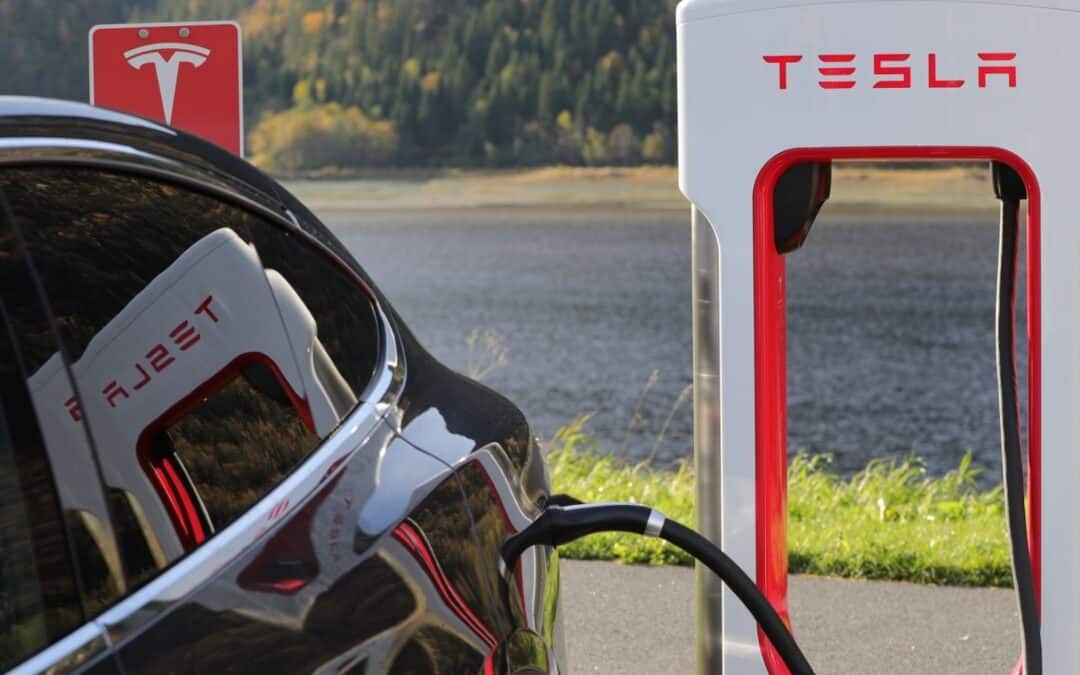The rise of driverless cars has sparked intense debate about regulatory frameworks. Federal and state governments are grappling with legislation to ensure public safety while promoting innovation. This article explores the complex interplay between federal and state regulations, focusing on Chicago personal injury implications.
(The Role of the NHTSA in Regulating Autonomous Vehicles)
Federal Regulations: Establishing Safety Standards
The National Highway Traffic Safety Administration (NHTSA) plays a crucial role in setting federal safety standards for driverless cars. NHTSA’s guidelines emphasize voluntary safety self-assessments, encouraging manufacturers to submit safety reports. This approach allows regulators to identify potential risks and address them proactively.
To provide clarity and consistency, federal legislation like the SELF-DRIVE Act and the AV START Act aims to establish uniform national standards. These laws also seek to preempt state laws conflicting with federal regulations, ensuring a cohesive regulatory landscape.
State Regulations: Diverse Approaches
States have responded to the rise of driverless cars with diverse regulatory approaches. Some states, such as Arizona and Michigan, have enacted laws supportive of driverless car testing and deployment. These laws often prioritize innovation and economic growth.
In contrast, states like California and New York have implemented stricter safety standards. These regulations may include requirements for human operator presence, vehicle registration, and liability insurance.
Illinois Regulations: A Balanced Approach
Illinois, home to Chicago, has established its own regulatory framework. The Illinois Autonomous Vehicle Act (2019) allows testing and deployment of driverless cars, while ensuring public safety. Manufacturers must register with the state and provide proof of liability insurance.
Chicago Personal Injury Implications
As driverless cars become more prevalent in Chicago, personal injury laws will face new challenges. Product liability may arise from manufacturing defects, while operator negligence may occur in semi-autonomous vehicles. Insurance frameworks may require revisions to address no-fault and liability allocation.
Determining Fault in Driverless Car Accidents
Motor vehicle accidents involving driverless cars require expertise in human driver actions, autonomous vehicle system performance, and regulatory compliance. Comparative fault analysis will play a critical role in determining liability.
The Future of Driverless Car Regulations
As federal and state regulations evolve, Chicago will continue to see changes. Expanded testing zones, public education campaigns, and legislative initiatives will shape the regulatory landscape. Ongoing review of safety standards will ensure that regulations keep pace with technological advancements.
Conclusion
Driverless car laws are rapidly evolving. Understanding federal and state regulations is crucial for Chicago personal injury cases. Bizzieri Law Firm’s experienced attorneys stay up-to-date on regulatory developments, ensuring clients receive expert representation.
If you’re looking for an experienced Chicago personal injury lawyer to help navigate your personal injury claim, we will fight assiduously for your right to the compensation you deserve. Call Bizzieri Law Offices at 773.881.9000. The case evaluation is free, and we never charge a fee unless we recover damages for you.

